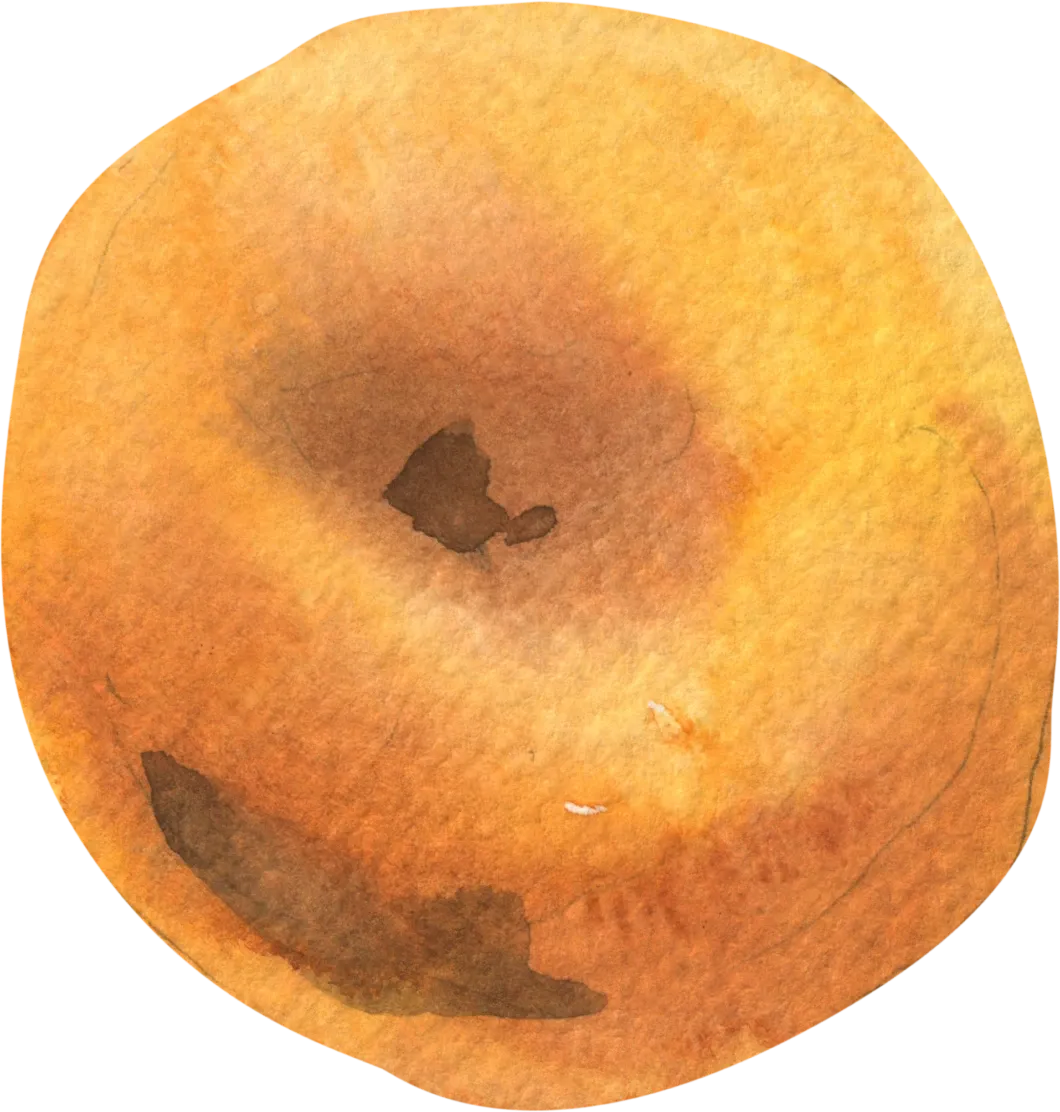The Health Benefits of Mint: A Refreshing Herb with Therapeutic Properties
Introduction
Mint is a widely loved herb known for its refreshing aroma and flavor, often used in both culinary and medicinal applications. From teas and desserts to sauces and savory dishes, mint adds a burst of cool flavor to a variety of recipes. Beyond its culinary uses, mint is packed with essential nutrients, antioxidants, and therapeutic properties that offer a range of health benefits.
Health Benefits of Mint
- Aids in Digestion
Mint has long been used as a digestive aid, helping relieve symptoms like bloating, gas, and indigestion. Compounds in mint stimulate bile flow and relax the digestive tract, making it an effective herb for soothing an upset stomach.
- Rich in Antioxidants
Mint contains powerful antioxidants, including rosmarinic acid and flavonoids, which help protect cells from oxidative stress. These antioxidants reduce inflammation and may lower the risk of chronic diseases such as heart disease and certain cancers.
- Supports Respiratory Health
The menthol in mint acts as a natural decongestant, helping to clear nasal passages and relieve symptoms of colds and congestion. Mint’s antimicrobial properties also make it useful for respiratory health, soothing sore throats and reducing mucus buildup.
- Boosts Immune System
With its high vitamin C content, mint supports immune health by enhancing the body’s ability to fight infections. Regular consumption of vitamin C-rich foods like mint can help reduce the risk of common colds and flu.
- Promotes Oral Health
Mint is often used in toothpaste and mouthwash for its freshening qualities. Its antibacterial and antimicrobial properties help reduce oral bacteria, which can improve breath and promote overall oral health.
Creative Ways to Enjoy Mint
Mint is a versatile herb that can be used in many ways:
- In Teas: Brew fresh mint leaves in hot water for a refreshing and soothing tea that aids digestion.
- In Salads: Add chopped mint to fruit or vegetable salads for a bright, cooling flavor.
- In Smoothies: Blend mint into smoothies for a refreshing twist that complements fruits and greens.
- In Sauces: Use mint in sauces for lamb, chicken, or vegetables to add depth and freshness.
- In Desserts: Add mint to desserts like ice creams, sorbets, or chocolate-based treats for a classic pairing.
Conclusion
Mint is more than just a refreshing herb—it’s a powerhouse of antioxidants, vitamins, and therapeutic properties. From aiding digestion and boosting respiratory health to promoting immunity and oral hygiene, mint offers numerous health benefits. Whether enjoyed in teas, salads, sauces, or desserts, mint is a flavorful and nutritious addition to your diet.
FAQs About Mint
- Is mint good for weight loss?
Yes, mint is low in calories and can aid in digestion, helping to reduce bloating and support a healthy metabolism.
- How should I store mint?
Store fresh mint in the refrigerator with its stems in a glass of water or wrapped in a damp paper towel, where it will stay fresh for up to a week.
- Does mint lose nutrients when cooked?
Mint retains most of its antioxidants when used fresh, but prolonged cooking may reduce its vitamin C content. It’s best used fresh or added at the end of cooking.
- Is mint AIP diet compliant?
Yes, mint is compliant with the AIP diet and can be safely consumed by those following the autoimmune protocol.
- Is mint Low-FODMAP?
Yes, mint is considered Low-FODMAP and is safe for individuals with digestive sensitivities.
- Is mint Low Histamine?
Mint is generally considered low in histamine and is well-tolerated by those with histamine intolerance.
- Is mint Keto-friendly?
Yes, mint is keto-friendly due to its low carbohydrate content, making it a great addition to low-carb and ketogenic meals.
Recipes
Check out our meal planning service by following these recipes:
Lamb Chops with Garlic Mint Sauce









